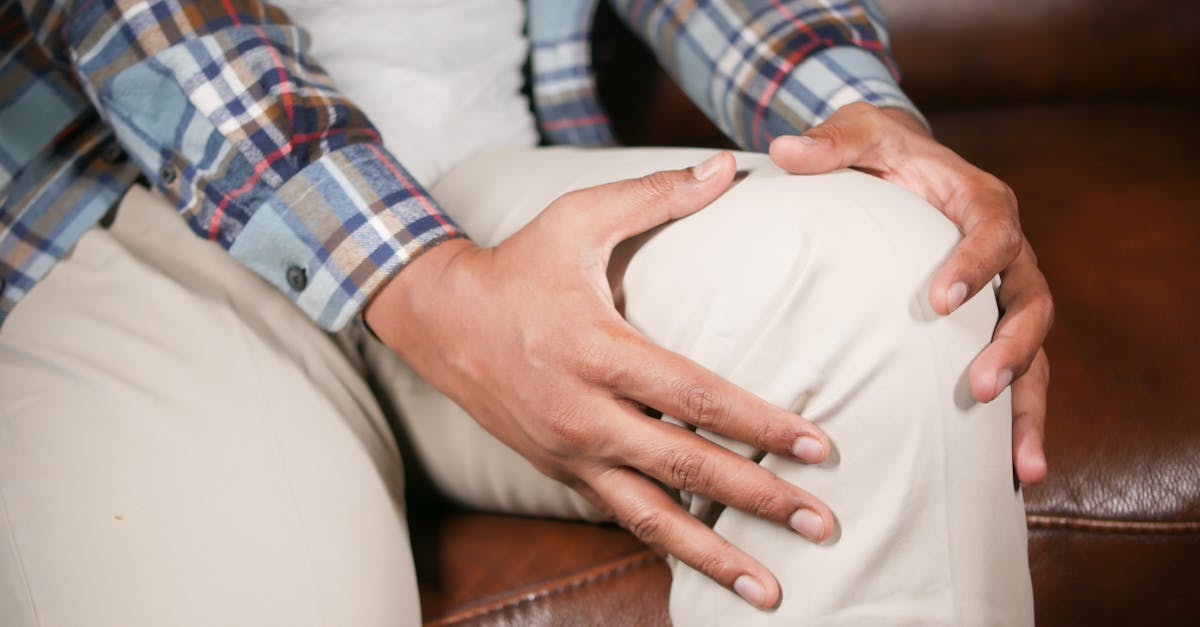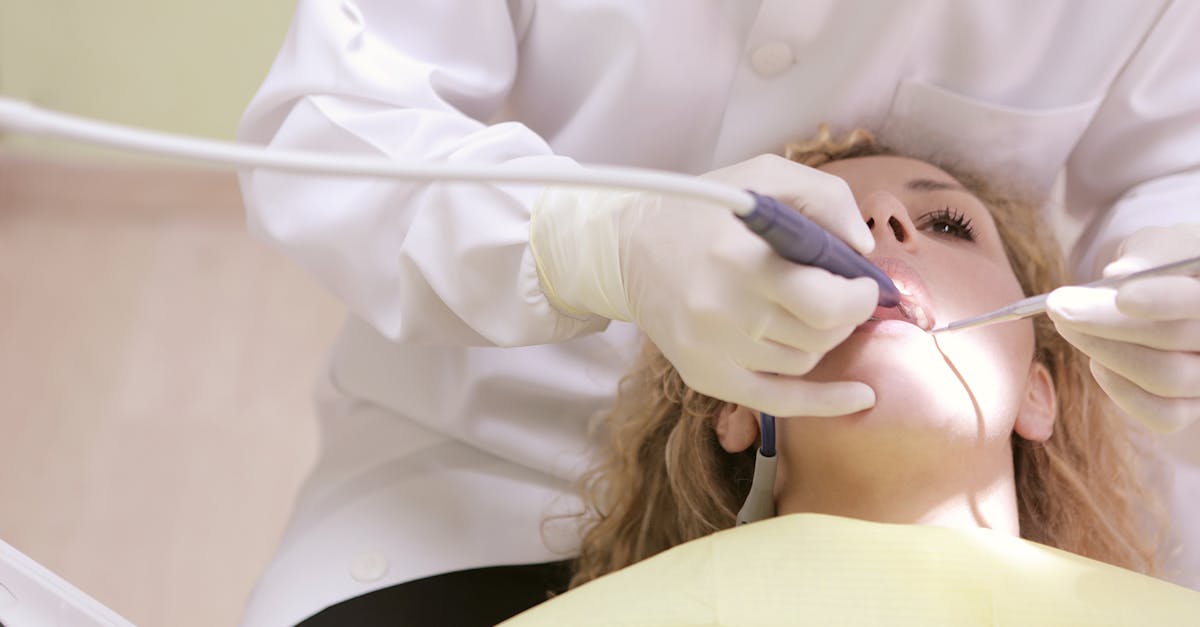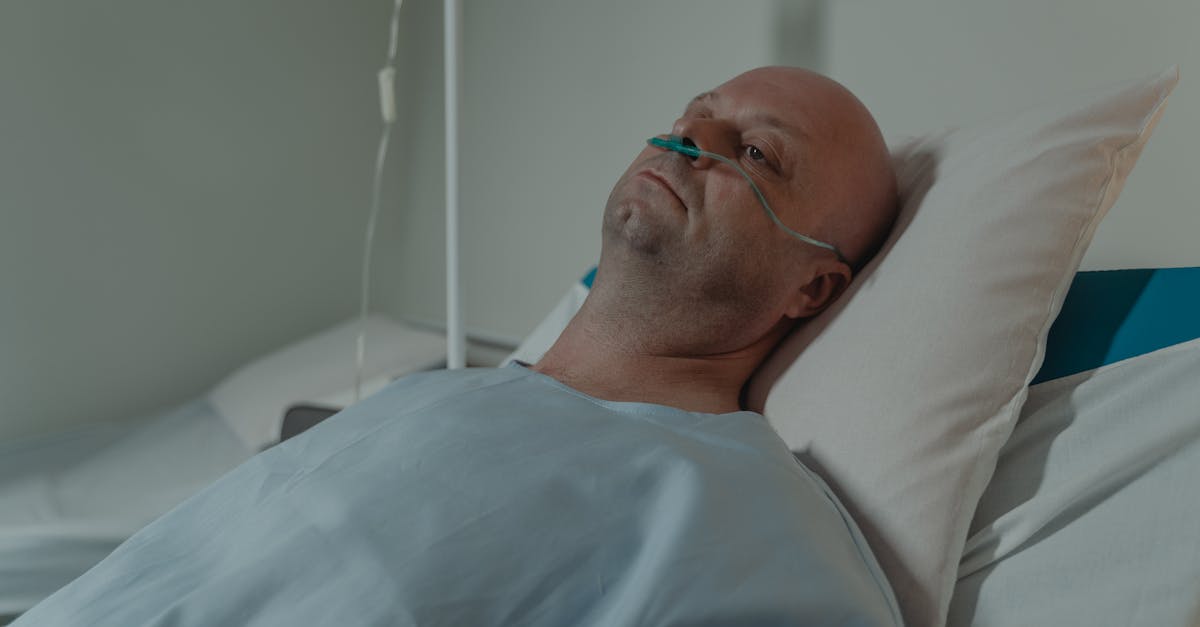Effective Knee Pain Treatment
Introduction
Knee pain is a common affliction affecting people of all ages. It can stem from various causes, ranging from injuries to medical conditions such as arthritis. Understanding effective knee pain treatment is critical for maintaining mobility and enhancing quality of life.
Advertisement
Understanding the Causes
Knee pain can arise from several sources, including acute injuries like torn ligaments or meniscus tears and chronic conditions such as arthritis. Identifying the underlying cause through diagnosis is essential for effective treatment, which can vary based on the condition.
Advertisement
Lifestyle Changes and Home Remedies
Implementing lifestyle changes can significantly mitigate knee pain. Weight management, for example, reduces stress on the knee joints. Simple home remedies, such as applying ice packs or using warm compresses, can provide temporary relief from pain and inflammation.
Advertisement
Physical Therapy and Exercises
Physical therapy can play a crucial role in treating knee pain. Exercises focusing on strengthening the quadriceps, hamstrings, and other stabilizing muscles of the knee can improve joint function. Stretching exercises can increase flexibility and reduce stiffness.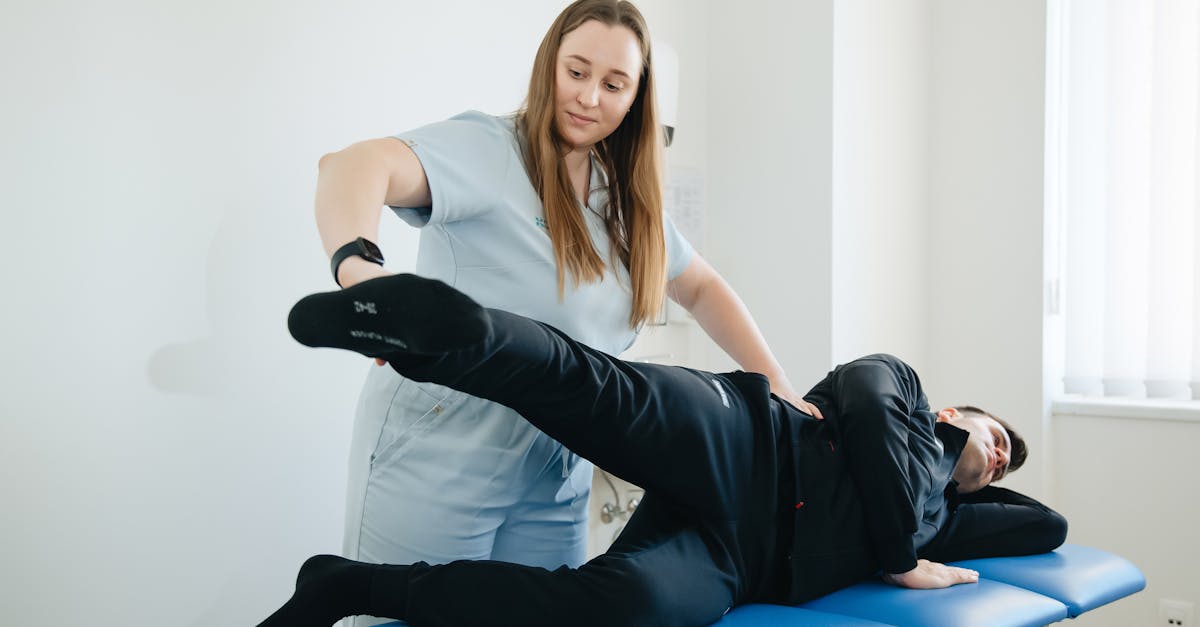
Advertisement
Orthotic Devices and Supportive Gear
The use of orthotic devices, such as knee braces or insoles, can offer additional support and help alleviate pain. Compression sleeves enhance blood flow, while specially designed footwear can promote better alignment and reduce strain on the knee.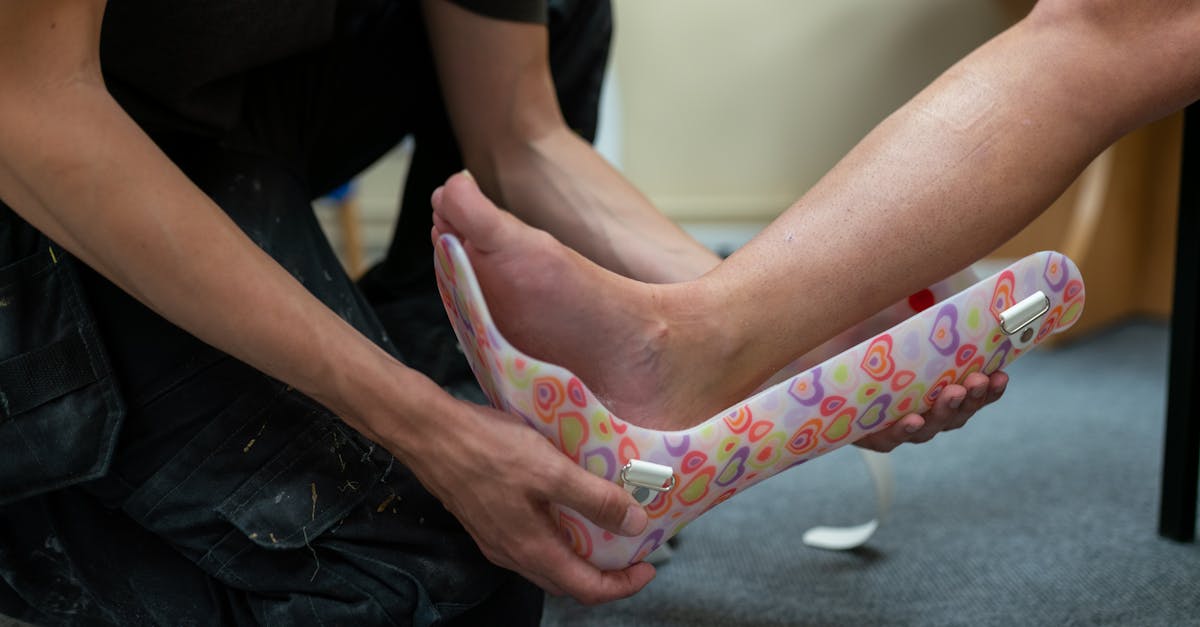
Advertisement
Medications and Pain Management
Nonsteroidal anti-inflammatory drugs (NSAIDs) can help reduce pain and swelling. Injections, such as cortisone shots, provide quicker relief for more severe cases. Pain management should be tailored to the individual's needs, considering potential side effects and interactions.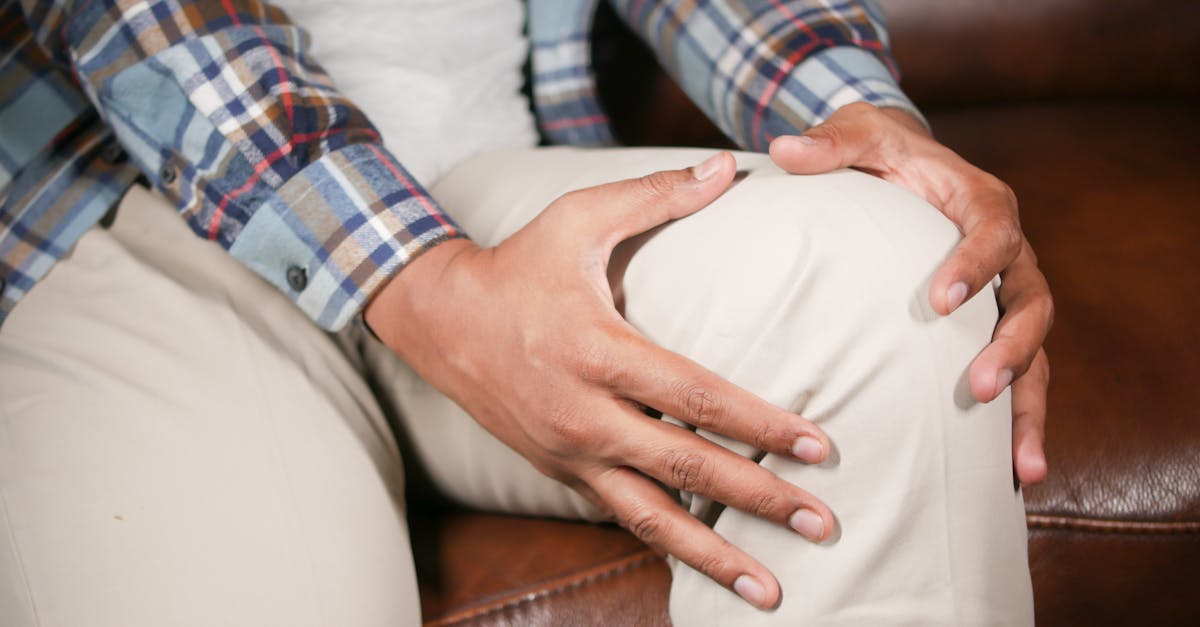
Advertisement
Surgical Interventions
In instances where conservative treatments fail, surgical options might be considered. Procedures like arthroscopic surgery, knee arthroplasty, or partial knee replacement can address structural issues causing pain. Surgeries are typically viewed as a last resort after exhausting other avenues.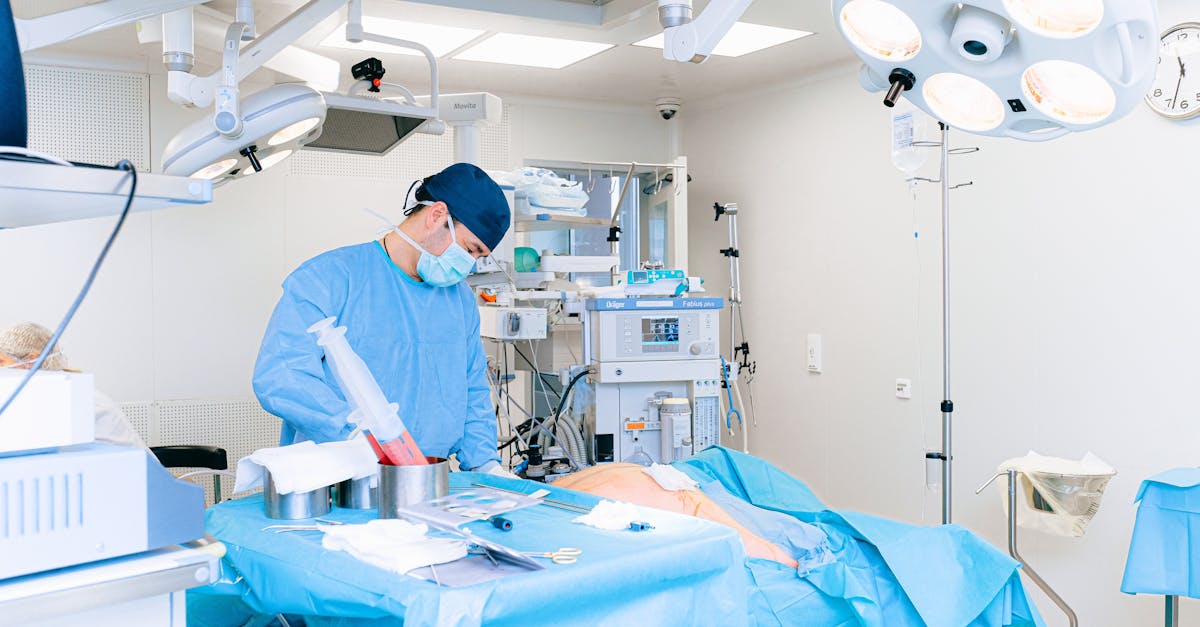
Advertisement
Alternative Therapies
Alternative treatments, such as acupuncture and massage therapy, have shown potential in relieving knee pain. These holistic approaches focus on underlying imbalances in the body and aim to restore harmony, which can lead to reduced pain levels.
Advertisement
When to Seek Medical Attention
Persistent knee pain that doesn't respond to home remedies or over-the-counter medications may warrant professional evaluation. Sudden, severe pain accompanied by swelling, redness, or an inability to bear weight should prompt immediate medical attention to prevent further damage.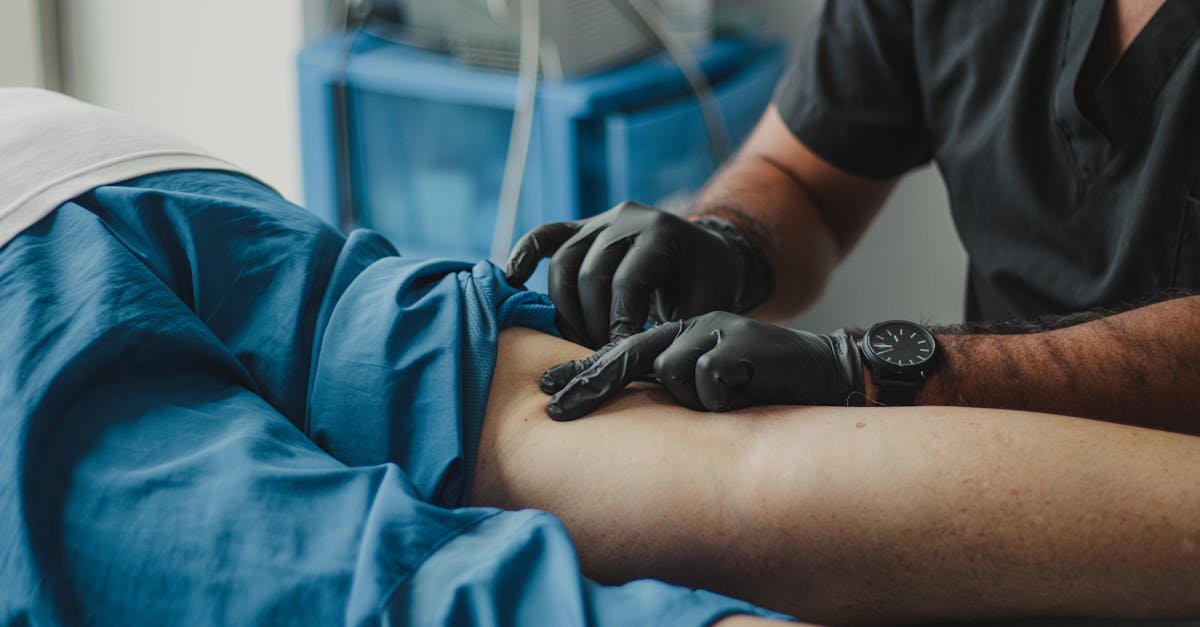
Advertisement
Conclusion
In summary, a variety of effective management options exist for treating knee pain, ranging from exercises and supportive gear to medications and surgeries. By understanding the root cause and utilizing holistic treatment approaches, individuals can achieve significant relief. If symptoms persist, consulting with a healthcare provider is essential to ensure ongoing knee health.
Advertisement
